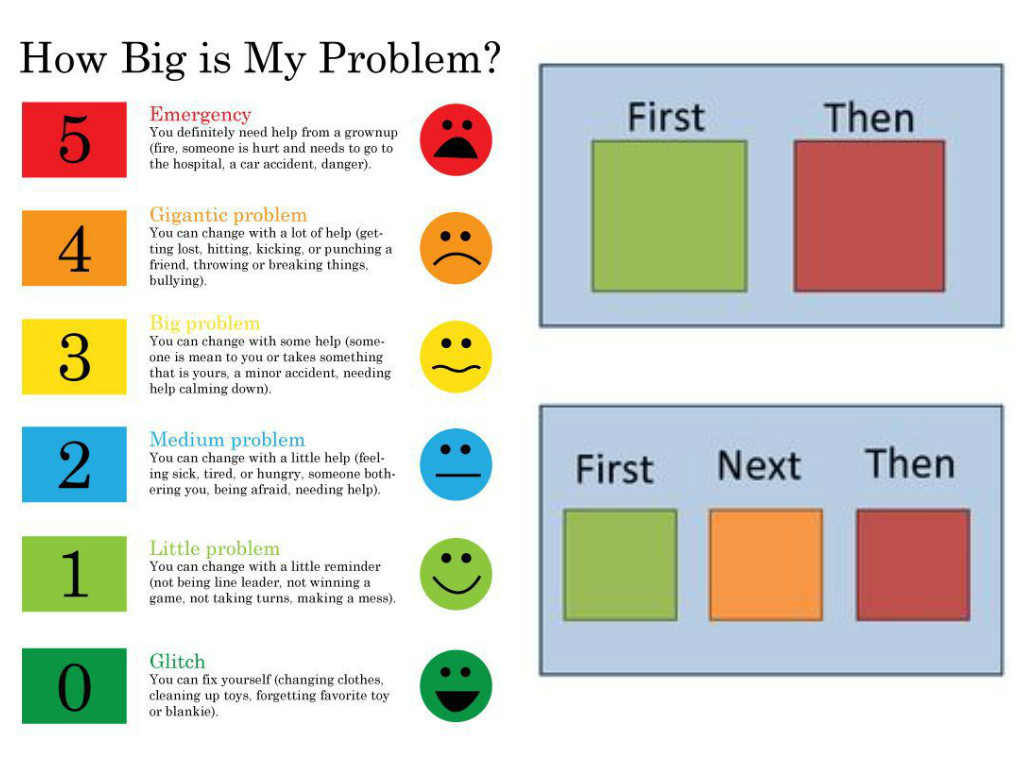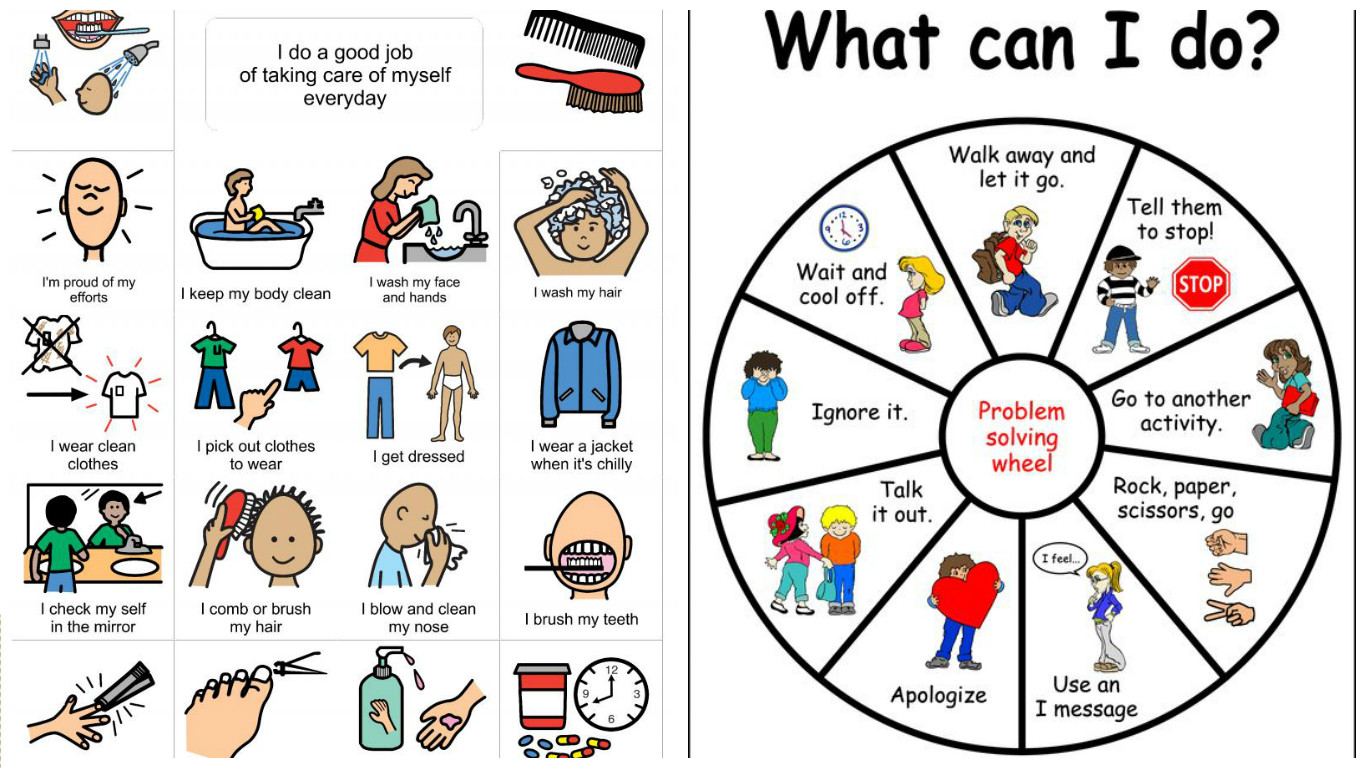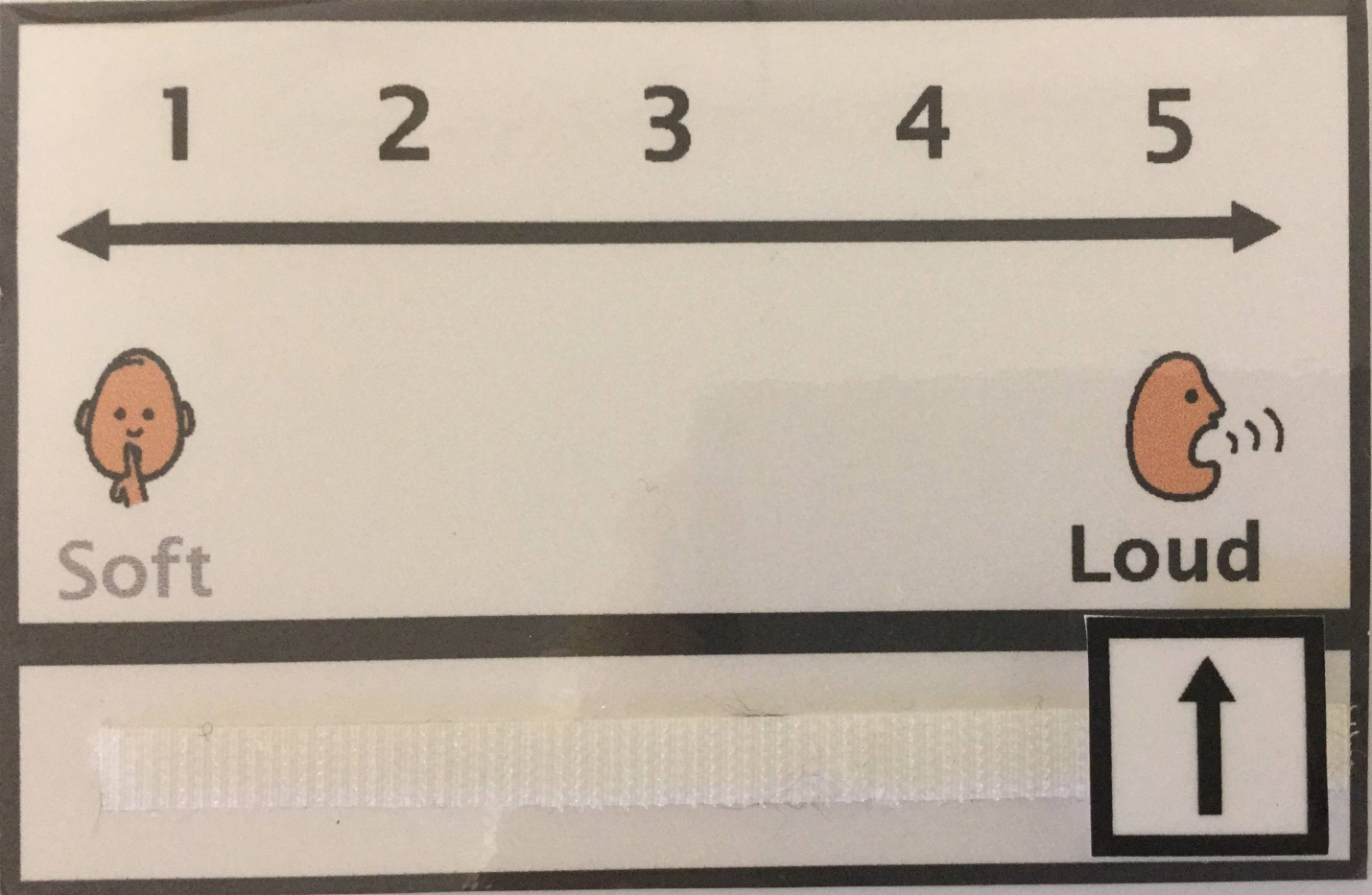TIP of the WEEK: Executive Functioning Disorder
August 5, 2016
Executive functioning is the set of mental skills that we use to complete a task. We use executive functioning throughout the day to complete both small and large tasks, many times without any thought to the steps involved to get from one place to another. When a person has executive functioning disorder (EFD) these everyday tasks can be extremely difficult.
Individuals diagnosed with PWS have many of the challenges associated with EFD and very often carry the diagnosis.
People with executive functioning disorder have difficulty organizing and remembering steps and can struggle with following instructions. This can often be misunderstood as non-compliance or problems with comprehension- it is not either of these.
Impulse control is compromised, acting without regard for consequences or over the top reactions are not uncommon. The person with EFD has a difficult time understanding that every emotion does not need to be acted upon in the moment.
Sustaining attention is a daily struggle. Concentration can only be sustained in short bursts. Using frequent breaks and a variety of activities is crucial to maintaining attention throughout the day.
Individuals living with EFD are not typically able to initiate activities. They rely on others to start activities or to give instructions for next steps even if they are bored or alone.
Problem solving may be the most challenging aspect of EFD because not only do they not understand the specific steps needed to solve a problem, they often cannot correctly determine when something is a problem or not.
The “How Big is My Problem” chart below illustrates the problem solving difficulties experienced by people with EFD:
Every problem creates the amount of anxiety typically felt at the emergency level. Until you are able to teach appropriate reactions to the appropriate situation, be aware that your child is experiencing the stress of someone going through an emergency. In some kids, a problem such as not being able to go on an activity, a change in plans, losing a toy or item of clothing may result in a reaction that we believe to be “over the top” but keep in mind that they are truly experiencing this high level of panic. Until they can learn the difference, understand what they are going through in that moment. Keep this chart close by and teach to it every chance you get. Over time this can be learned quite easily if used often and consistently.
 Due to a lack of planning memory it is important to give short instructions with as few steps as possible. When the child with EFD is experiencing stress it is very difficult for them to recall steps, even while doing something familiar. Have the above “First/Then and First/Next/Then” convenient as an easy reminder for you and your child regarding how steps should be written or verbalized.
Due to a lack of planning memory it is important to give short instructions with as few steps as possible. When the child with EFD is experiencing stress it is very difficult for them to recall steps, even while doing something familiar. Have the above “First/Then and First/Next/Then” convenient as an easy reminder for you and your child regarding how steps should be written or verbalized.
More helpful charts for working with a person with EFD:
Patrice Carroll is Latham Centers’ world-renowned Prader-Willi Syndrome specialist. She works with Latham Centers’ residents with PWS, their families and consultants, continuously learning and teaching about PWS best practices.



